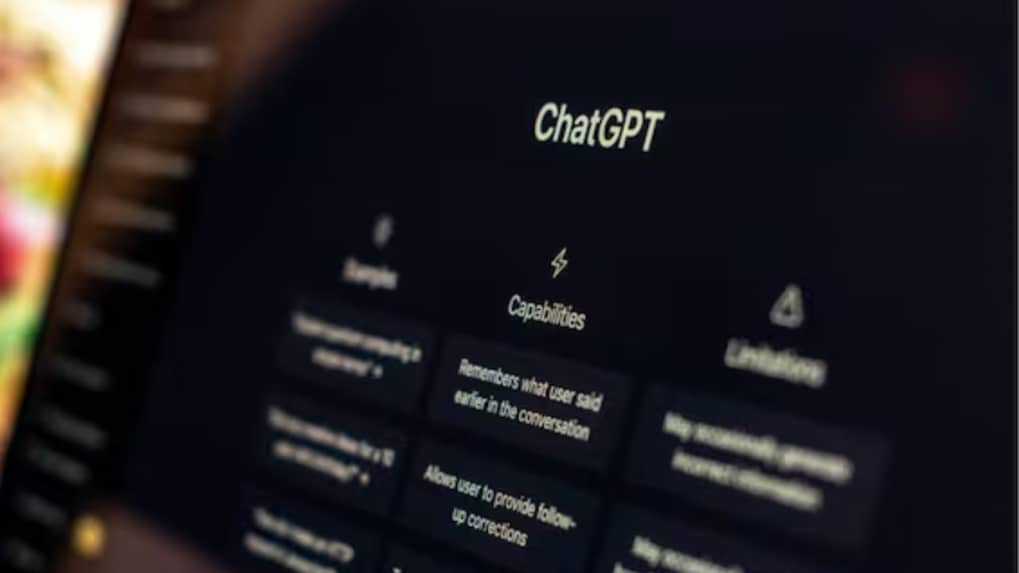Half of ChatGPT users in India are students under 24, says OpenAI
Belsky said that India is home to the largest student population on ChatGPT globally, with millions turning to it for homework help, prepare for exams, and to explore new ideas.
ADVERTISEMENT
Nearly half of ChatGPT users in India are under the age of 24 and are primarily using the tool for study purposes, according to OpenAI.
Speaking on Monday at an event in New Delhi, Leah Belsky, Vice President and General Manager, Education at OpenAI, said Indian students make up the largest share of ChatGPT’s global student community, including heavy adoption of the platform’s recently launched study mode.
Belsky said that India is home to the largest student population on ChatGPT globally, with millions turning to it for homework help, prepare for exams, and to explore new ideas.
As part of a wider push into the Indian education sector, the company announced it will distribute 500,000 paid ChatGPT licences along with training support for teachers and students in government schools and technical institutes. These efforts are being undertaken in collaboration with the Ministry of Education and the All India Council for Technical Education (AICTE).
The licences, to be provided for an initial six-month period, will give teachers in government schools (Classes 1–12) access to ChatGPT for lesson planning, student engagement, and classroom support. Technical institutions nationwide will also be included, with a focus on improving digital skills, employability, and practical applications of AI.
The initiative is part of the newly launched OpenAI Learning Accelerator, an India-first programme unveiled on Monday. It will also extend to secondary-level teachers in schools affiliated with the Association for Reinventing School Education (ARISE).
In a parallel move, OpenAI and the Indian Institute of Technology (IIT) Madras announced a new research collaboration worth $500,000. Under a memorandum of understanding (MoU), IIT Madras will carry out long-term studies on how AI can improve learning outcomes, drawing from insights in cognitive neuroscience to foster innovative teaching methods. Findings will be made publicly available and are expected to inform the company’s future product development, Belsky added.
The announcements come just days after OpenAI confirmed plans to establish an office in New Delhi, signalling India’s growing strategic importance in the company’s global roadmap.

